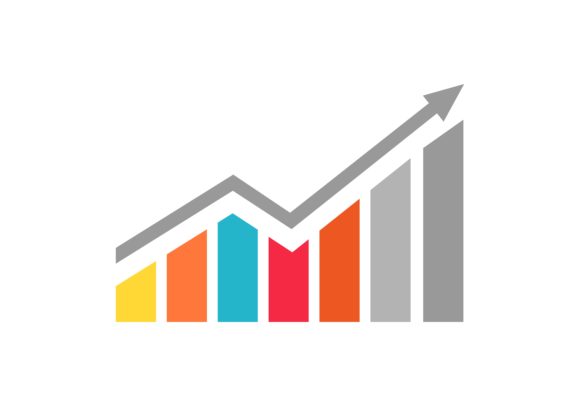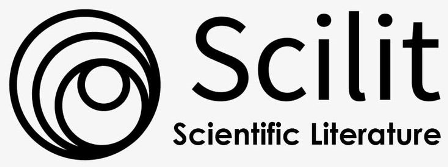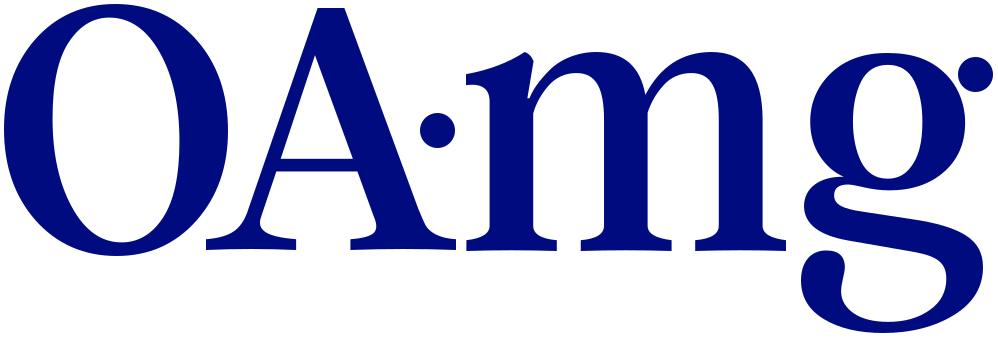Filler Content Effects on the Ultrasonic Response of Composite Materials Using the Pulse-Echo Amplitude Technique
Keywords:
.Abstract
The aim of this study is to investigate of the capability of ultrasonic technique in assessment of the filler content effects in polymer matrix composite and to provide additional data concerning the particulars of the use ultrasonic response, velocity and attenuation measurements for quality control and sorting composite materials. For the experiments, filled acrylic (matrix) with different weight percentages of calcium silicate and carbon black powder (fillers) individually were moulded. The pulse-echo amplitude technique and normal probes of (1, 2 & 4 MHz) was used. The directional dependence of velocity, attenuation, hardness and filler content were investigated. Also the ultrasonic measurements were carried out at various testing frequencies to observe the reliability of the technique employed. Both filler type and filler weight (%) were systematically varied to investigate their effects on the ultrasonic response of thermoplastic acrylic (PMMA). It was observed that, in general, as the filler weight (%) increased, there is decay in the ultrasonic response provided particles dispersion and deagglomeration was maintained. Increase of filler weight (%) also accompanied by increase in the ultrasonic attenuation and reduction in ultrasonic velocity and hardness. Clear correlation between these measurements was obtained beyond (15%) filler weight percent. It was concluded that ultrasonic technique are sensitive to the filler content in composite materials. Because the....
Downloads
Key Dates
Published
Issue
Section
License

This work is licensed under a Creative Commons Attribution 4.0 International License.
















